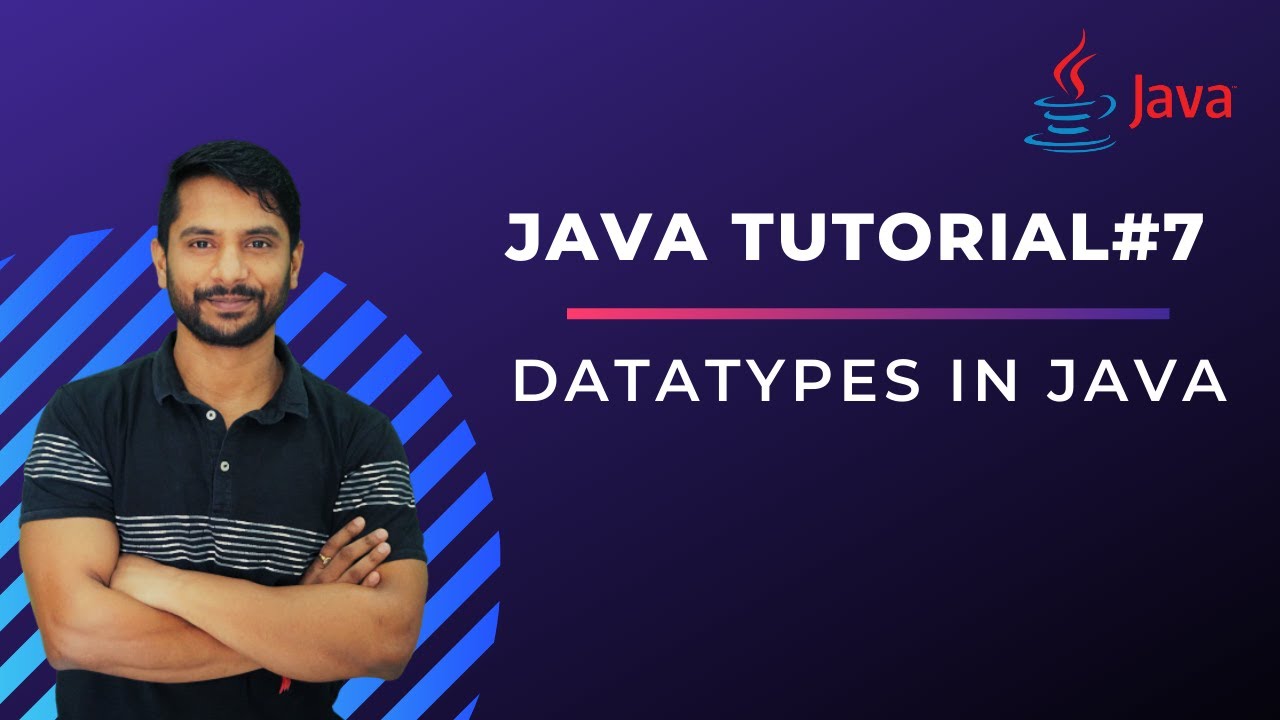Noun and its types- Grammar- By Syed Ali Raza Kazmi
Summary
TLDRThe video script discusses the concept of 'non' in English, exploring its various types and applications. It delves into common nouns, proper nouns, compound nouns, and the distinction between countable and uncountable nouns. The script also touches on intangible nouns like emotions and ideas, and the importance of understanding these classifications for effective English communication.
Takeaways
- 🌐 The topic discusses the concept of 'non' in English nouns, explaining that anything that doesn't have a specific name is referred to as 'non'.
- 🏠 It mentions that a person without a name is called 'non', and when a common noun like 'boy' or 'girl' is given a name, it becomes a proper noun.
- 🔠 The script talks about compound nouns, which are formed by combining different nouns to create a new term, like 'housewife' or 'water tank'.
- 📚 It explains material non, which refers to physical objects that exist and can be interacted with, such as a table or a fan.
- 💭 The concept of immaterial non is introduced, which includes things that have no physical existence but are still present, like feelings, ideas, and happiness.
- 📈 The script differentiates between countable and uncountable nouns, where countable nouns can be quantified, and uncountable cannot.
- 🔢 It touches on the idea that even if something is uncountable, it can still have a starting point for counting, even if it cannot be fully counted.
- 📦 The script uses examples like 'table' and 'spoon' to illustrate the concept of countable nouns and their opposites in uncountable nouns.
- 💰 It mentions the importance of defining terms and concepts, even if they are abstract, and how they can be represented, like '1 lakh' or 'INR'.
- 📈 The discussion includes the idea of good training and big numbers, suggesting that understanding these concepts can help in various aspects of life.
- 📢 The speaker encourages the audience to subscribe to their YouTube channel for more informative content and shares contact information for engagement.
Q & A
What is the basic definition of a noun?
-A noun is defined as any person, place, or thing. It refers to anything, place, or person, and is used to identify them in language.
What is a common noun?
-A common noun refers to a general name for a person, place, or thing. It does not have a specific identity, such as 'boy,' 'girl,' or 'city.'
When does a common noun become a proper noun?
-A common noun becomes a proper noun when it is given a specific name, such as 'Ali' for a boy, 'Ayesha' for a girl, or 'Lahore' for a city.
What is a compound noun?
-A compound noun is formed by combining two different nouns to create a new word, such as 'housewife' (house + wife) or 'water tank' (water + tank).
What is a material noun?
-A material noun refers to something that has a physical existence and can be touched, like 'table,' 'fan,' or 'laptop.'
What is an abstract noun?
-An abstract noun refers to something that does not have a physical existence and cannot be touched or seen, such as 'feelings,' 'ideas,' 'thoughts,' or 'happiness.'
What are countable nouns?
-Countable nouns refer to things that can be counted, such as 'stars' or 'tables.' Even if we cannot count all of them, we can still start counting them.
What are uncountable nouns?
-Uncountable nouns are those that cannot be counted, such as 'oil' or 'water.' These nouns do not have discrete units that can be counted individually.
What is the role of ING-form nouns?
-ING-form nouns, like 'reading' or 'swimming,' show actions or states in progress. They refer to the act of doing something.
How are collective nouns described?
-Collective nouns refer to a group or collection of things or people, such as 'police,' 'army,' 'children,' or 'community.'
Outlines

This section is available to paid users only. Please upgrade to access this part.
Upgrade NowMindmap

This section is available to paid users only. Please upgrade to access this part.
Upgrade NowKeywords

This section is available to paid users only. Please upgrade to access this part.
Upgrade NowHighlights

This section is available to paid users only. Please upgrade to access this part.
Upgrade NowTranscripts

This section is available to paid users only. Please upgrade to access this part.
Upgrade NowBrowse More Related Video

Frasa Adverbial || Kaidah Kebahasaan dalam Teks Cerita Sejarah

KONFLIK SOSIAL - SOSIOLOGI - MATERI UTBK SBMPTN DAN SIMAK UI

Datatypes in Java - In Hindi

Pengindraan Jauh | Kelas X SMA

Dr. Latief Awaludin, MA I Teori Harta dalam Fiqh Muamalah #latiefawaludin

VIDIO PEMBELAJARAN POWTOON TERINTEGRASI NILAI-NILAI KEISLAMAN MATERI KOPERASI UNTUK SMA/MA
5.0 / 5 (0 votes)